- No products in the cart.
Celestoderm-B Garamitsinom ointment 15 g
$8.77
Celestoderm-B Garamitsinom ointment 15 g
Description
Composition
Active substance:
1 g of ointment contains: Betamethasone 17-valerate – 1.22 mg (equivalent to Betamethasone 1.0 mg) and gentamycin sulfate – equivalent to 1.0 mg (1000 IU) gentamicin ;.
Excipients:
Liquid paraffin – 100.0 mg, white soft paraffin – 898.78 mg.
Description:
Homogeneous ointment from almost white to light yellow in color with a soft consistency, free of extraneous inclusions.
Product form:
Ointment for external use 0.1% + 0.1%. 15 g or 30 g in the aluminum tube covered with epoxy lacquer and closing membrane and the screw cap.
According to one tube together with instructions for use in a cardboard package.
Contraindications
Hypersensitivity to any component of the drug.
Lupus, cutaneous manifestations of syphilis, chickenpox, herpes simplex, fungal skin diseases.
The period of immunization and skin reactions after vaccination.
Lactation.
Pregnancy (long-term treatment of extensive areas of skin).
Children’s age – up to 6 months.
Carefully.
Pregnancy (in the absence of contraindications for criteria) – especially in the 1st trimester;
Long-term treatment of extensive areas of skin, especially for children, or if you have skin cracks, or the use of occlusive dressings.
Dosage
1 mg + 1 mg / g
Indications
Topical treatment of skin diseases that are amenable to GCS therapy, the presence of secondary infection caused by susceptible gentamicin microorganisms or suspected to such infection: eczema (atopic, children, nummular), contact dermatitis, seborrheic dermatitis, atopic dermatitis, solar dermatitis, exfoliative dermatitis, radiation dermatitis, diaper rash, psoriasis, and actinic anogenital pruritus.
Ointment is used for skin lesions on a background of eczema and psoriasis.
Interaction with other drugs
Any drug interactions Celestoderm-B Garamitsinom with other drugs is not registered.
Overdose
Symptoms. Excessive or prolonged use of corticosteroids or local application in doses higher than recommended may cause inhibition of the function gipofizarnonadpochechnikovoy system, which can cause the development of secondary adrenal insufficiency and the emergence of symptoms of Cushing, including Cushing’s syndrome.
A single overdose of gentamicin is not accompanied by the appearance of any symptoms. Long-term use or used in doses higher than recommended may result in a significant increase in non-sensitive microflora, including fungal, in the lesion.
Treatment. Displaying appropriate symptomatic treatment. Acute symptoms of Cushing’s usually reversible. If necessary, correction shown electrolyte imbalance. In the case of chronic toxic recommended phasing out of GCS.
Uncontrolled growth of non-susceptible micro-organisms or the development of fungal infection should stop treatment and to choose the appropriate therapy.
pharmachologic effect
Pharmacological group:
Aminoglycoside antibiotic-+ glucocorticosteroid.
Pharmacological properties:
Ointment Celestoderm-B Garamitsinom comprises a glucocorticosteroid (GCS) betamethasone valerate, has anti-inflammatory, antipruritic and vasoconstrictive action, and gentamycin antibiotic possessing antibacterial activity of broad-spectrum. The number of bacteria susceptible to gentamicin sensitive strains include Staphylococcus aureus (coagulase-positive, and some coagulase penicillinase-producing strains) and Gram-negative bacteria Pseudomonas aeruginosa, Aerobacter aerogenes, Escherichia coli, Proteus vulgaris and Klebsiella pneumoniae.
Pregnancy and breast-feeding
Due to the fact that the safety of local corticosteroids in pregnant women has not been established, the purpose of this class of drugs during pregnancy is justified only if the benefit to the mother clearly outweighs the potential harm to the fetus. Corticosteroids should not be used during pregnancy for a long time or at high doses.
Since up to now has not been established whether the local application of corticosteroids and systemic absorption passes into breast milk, it is necessary to take a decision to stop breast-feeding or to remove the drug, taking into account, as far as is necessary for its application mother.
Conditions of supply of pharmacies
On prescription.
side effects
When applying the ointment Celestoderm-B Garamitsinom occur hypersensitivity reactions, rashes, and skin pigmentation violation.
Possible local reactions due to the use of betamethasone, especially when using occlusive dressings: Skin irritation (itching, erythema), burning sensation, dryness, folliculitis, hypertrichosis, steroid acne, hypopigmentation, perioral dermatitis, allergic contact dermatitis, skin maceration, secondary infection , skin atrophy, striae, miliaria.
Gentamicin in the treatment of common transient irritation of the skin (erythema, itching) usually does not require discontinuation of treatment.
Prolonged treatment or application on a large surface may develop systemic side effects typical of corticosteroids: weight gain, osteoporosis, hypertension, edema, ulceration of the mucosa of the gastrointestinal tract, exacerbation of latent infection foci, hyperglycemia, agitation, insomnia, violation the menstrual cycle.
In children, in addition, may include the following side effects due to the use of betamethasone: suppression of function of the hypothalamic-pituitary-adrenal system, Cushing’s syndrome, growth retardation, lag in weight gain, increased intracranial pressure. Symptoms of depression of adrenocortical function in children include reducing cortisol plasma concentration and lack of response to stimulation of adrenocorticotropic hormone (ACTH).
Increased intracranial pressure manifested bulging fontanelle, headache, bilateral papilledema.
special instructions
In the absence of effect of treatment within two weeks it is recommended to consult your doctor for further diagnosis and treatment.
If use of the drug noted irritation or sensitivity, treatment should be discontinued and the patient to choose a different therapy.
Any side effects of systemic corticosteroids, including suppression of adrenocortical function may be observed when using local corticosteroids, especially in children. Systemic absorption of corticosteroids may include increase with prolonged use, treatment of extensive body surfaces or the use of occlusive dressings. In such cases, especially in children, should take the appropriate precautions, including the possibility of withdrawal of the drug, the physician depending on the severity of the disease.
Systemic absorption of gentamicin in the local application can be increased in case of applying to extensive areas of the skin, especially when long-term treatment of the skin or the presence of cracks. In such cases it is possible development of adverse events characteristic of gentamicin at its systemic administration (see. The section “Side effect”), so it is recommended cautious use, especially in children, providing a physician determination of the frequency of application and duration of therapy.
Observed cross allergic reactions to antibiotics of the aminoglycoside.
Prolonged local application gentamicin may occasionally observed insensitive microflora growth including fungal. In this case, as in the development of irritation, hypersensitivity reactions and superinfection, treatment should be stopped and prescribe appropriate therapy.
Ointment Celestoderm-B shows Garamitsinom for external use only and is not intended for use in ophthalmology.
Pediatric use.
Ointment Celestoderm Garamitsinom-B can be used for the treatment of children under the age of 6 months.
Children may be more susceptible to the action of local corticosteroids, causing inhibition of the hypothalamic-pituitary-adrenal system, than older patients.
This is due to higher absorption of the drug in children due to the greater surface area of the ratio and body weight.
Effects on ability to drive and use machines.
It does not reveal any effect of the drug Celestoderm-B Garamitsinom on ability to drive and use machines.
Storage conditions
In the reach of children.
Store at a temperature not higher than 25 ° C.
Dosing and Administration
Outwardly.
Apply a thin layer of ointment to the affected skin 2 times a day – morning and evening.
The required frequency of use should establish a physician, focusing on the severity of the disease. In mild cases use once a day is normally sufficient, a more frequent application may be required in more severe lesions.
The duration of treatment depends on the severity, location of the lesion and the patient’s response to treatment.
Information
Appearance may differ from that depicted in the picture. There are contraindications. You need to read the manual or consult with a specialist
Additional information
| Weight | 0.100 kg |
|---|---|
| Manufacturer | tselestoderm |


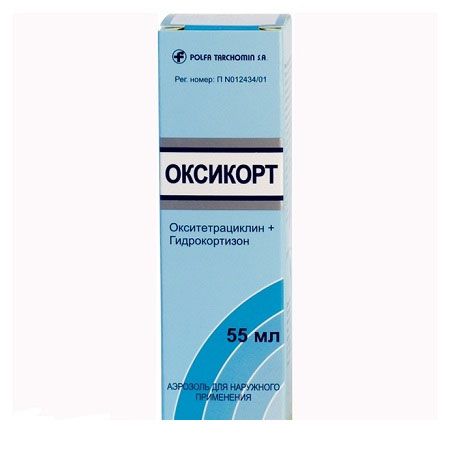
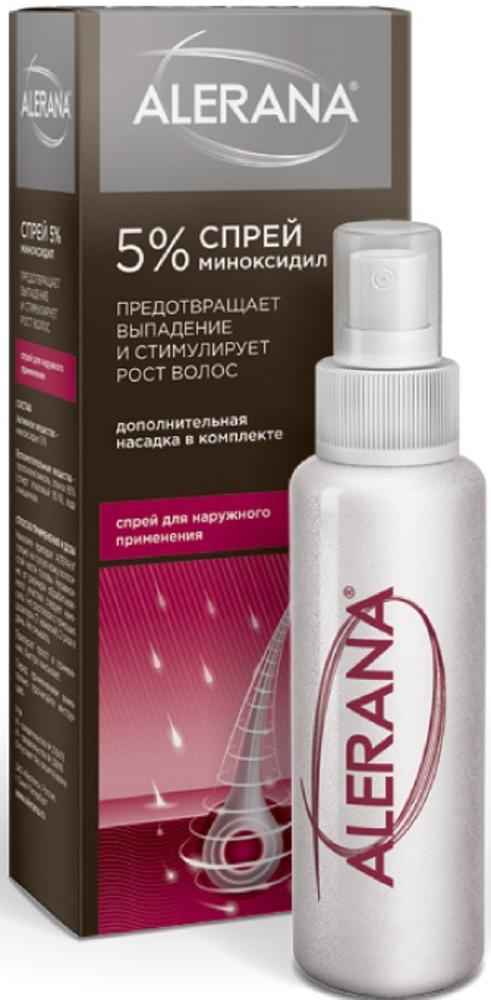

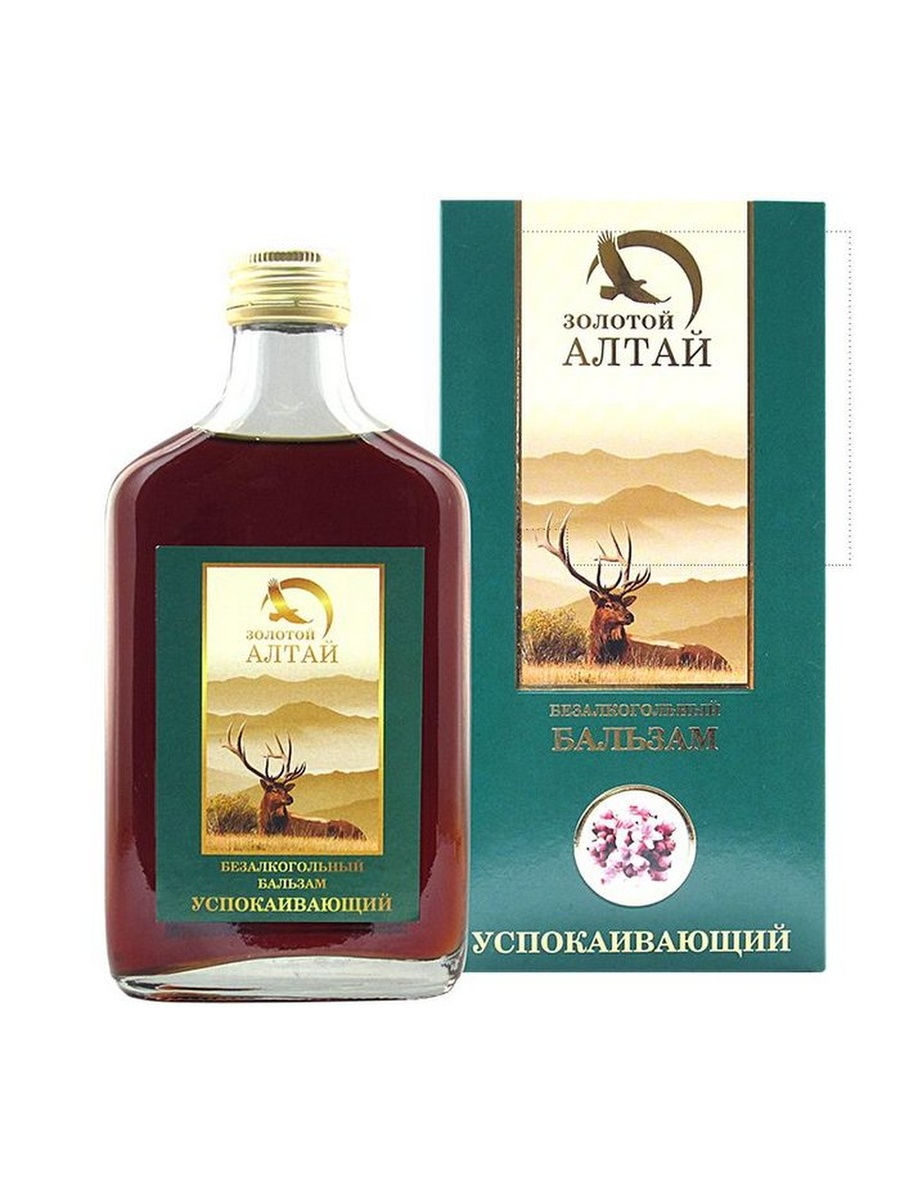
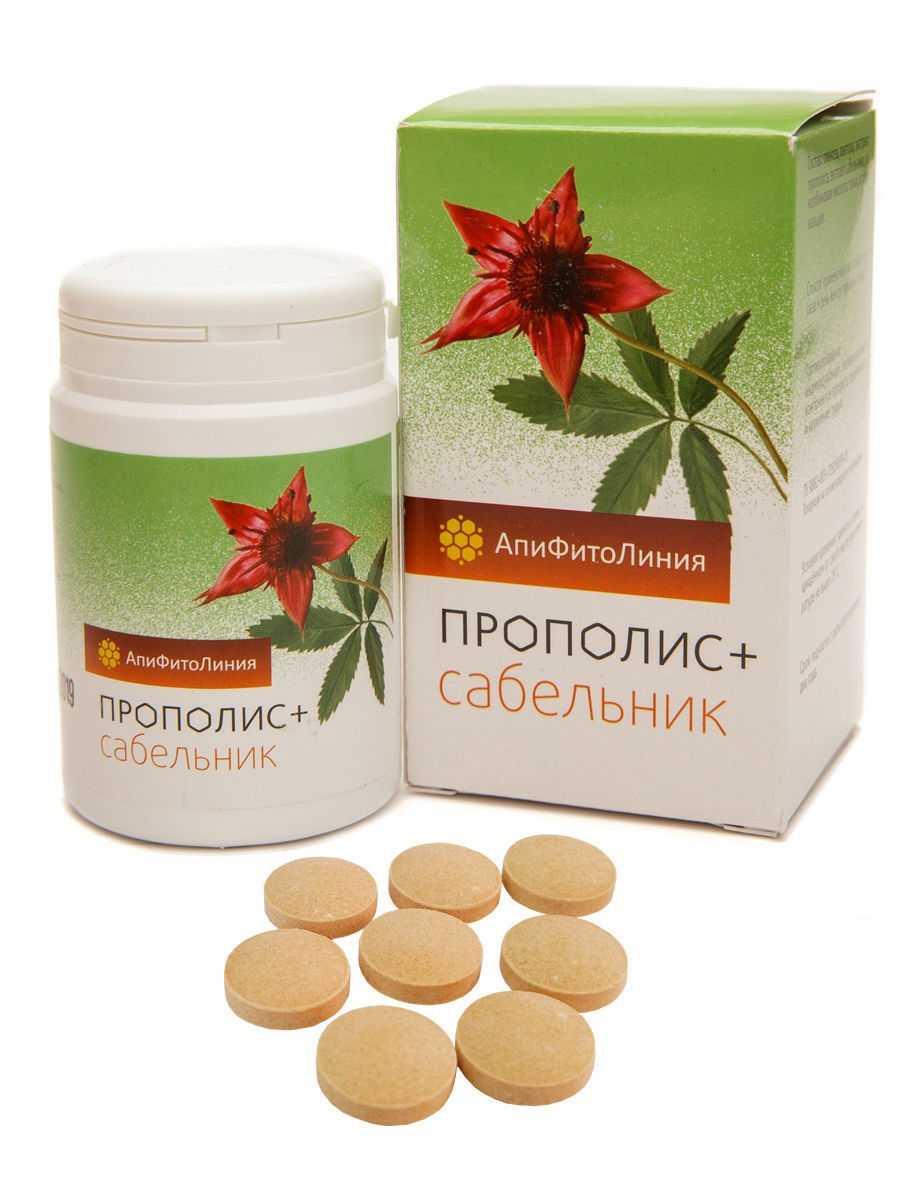
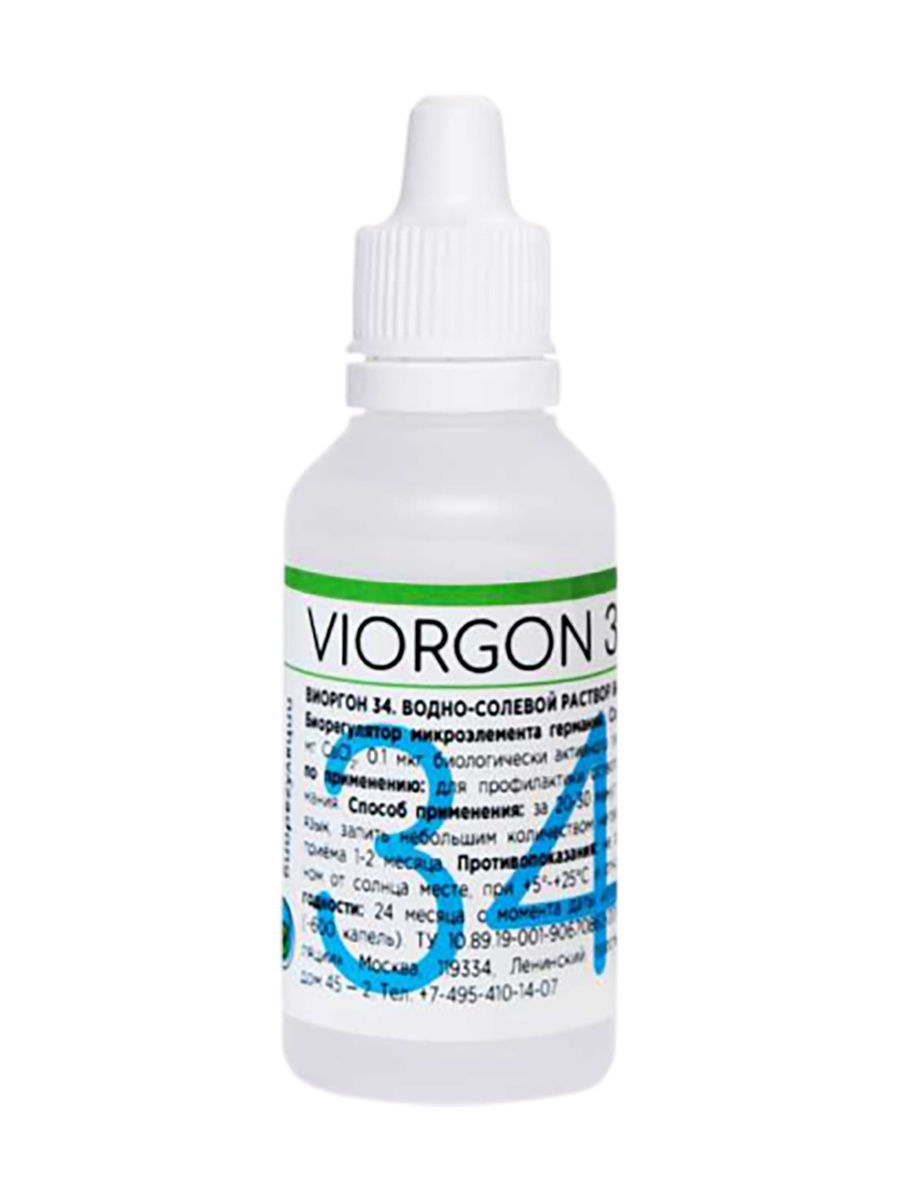
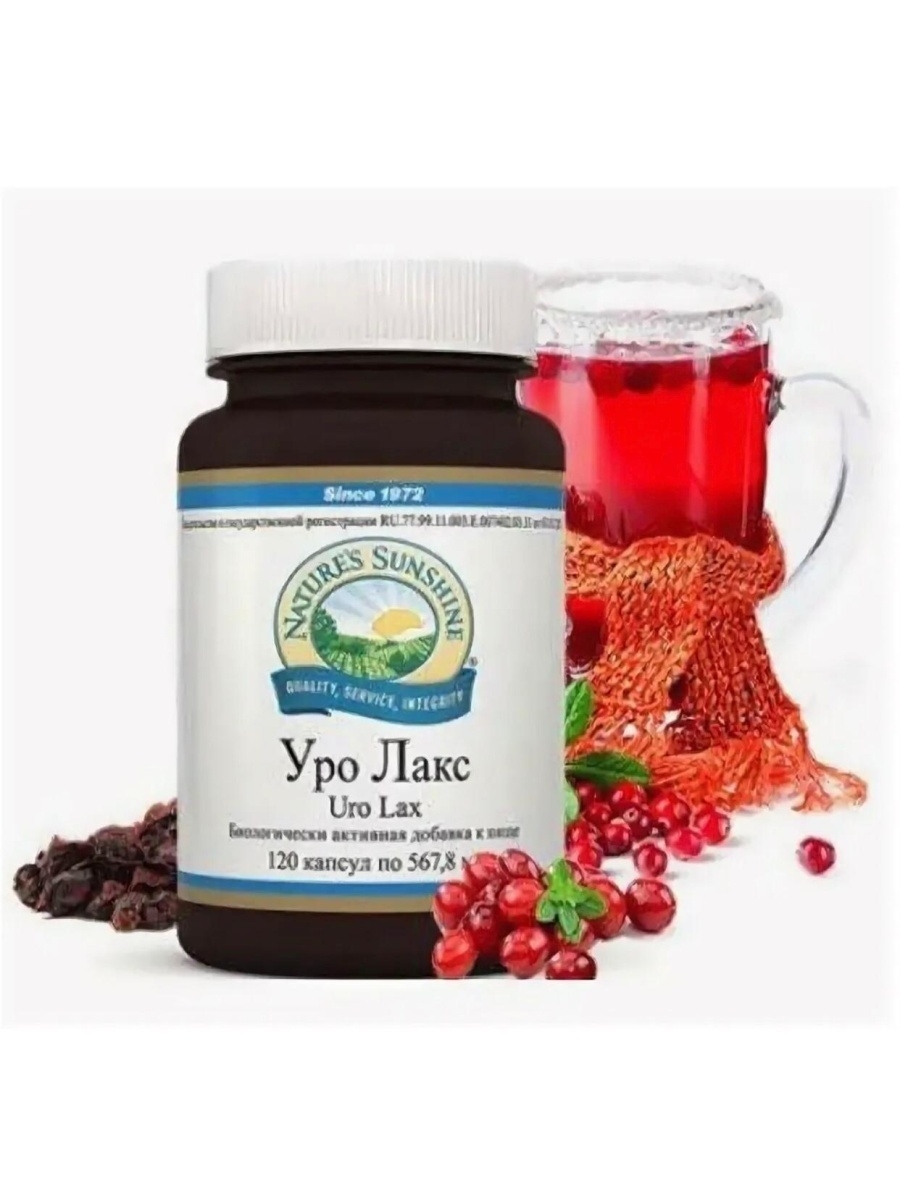
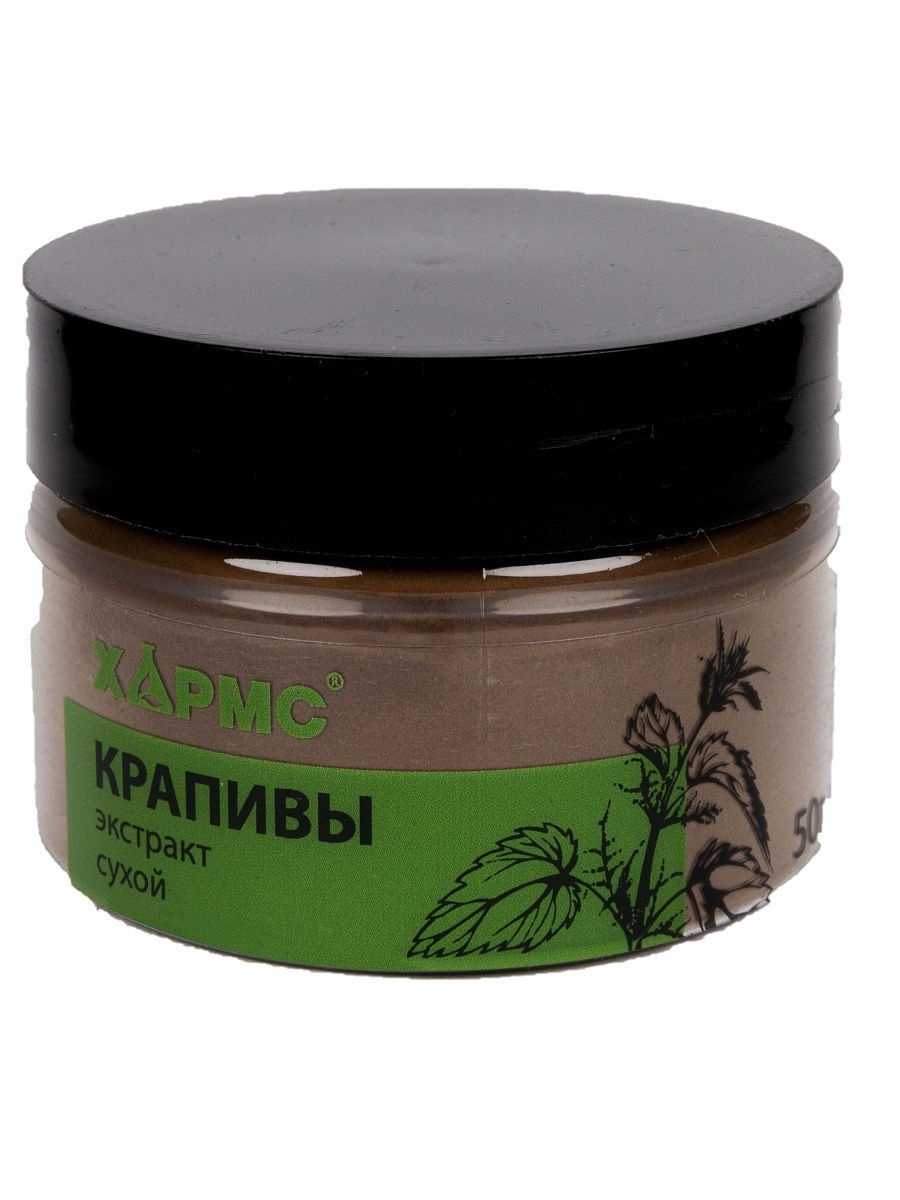

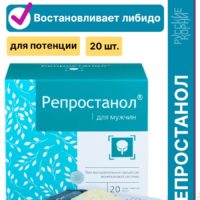
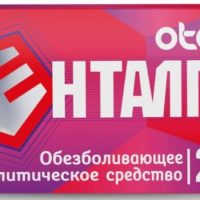

There are no reviews yet.